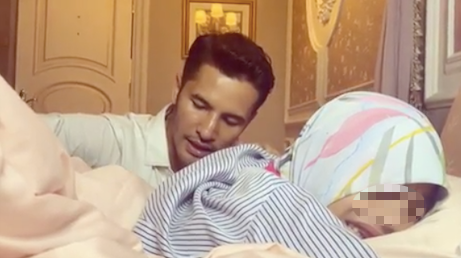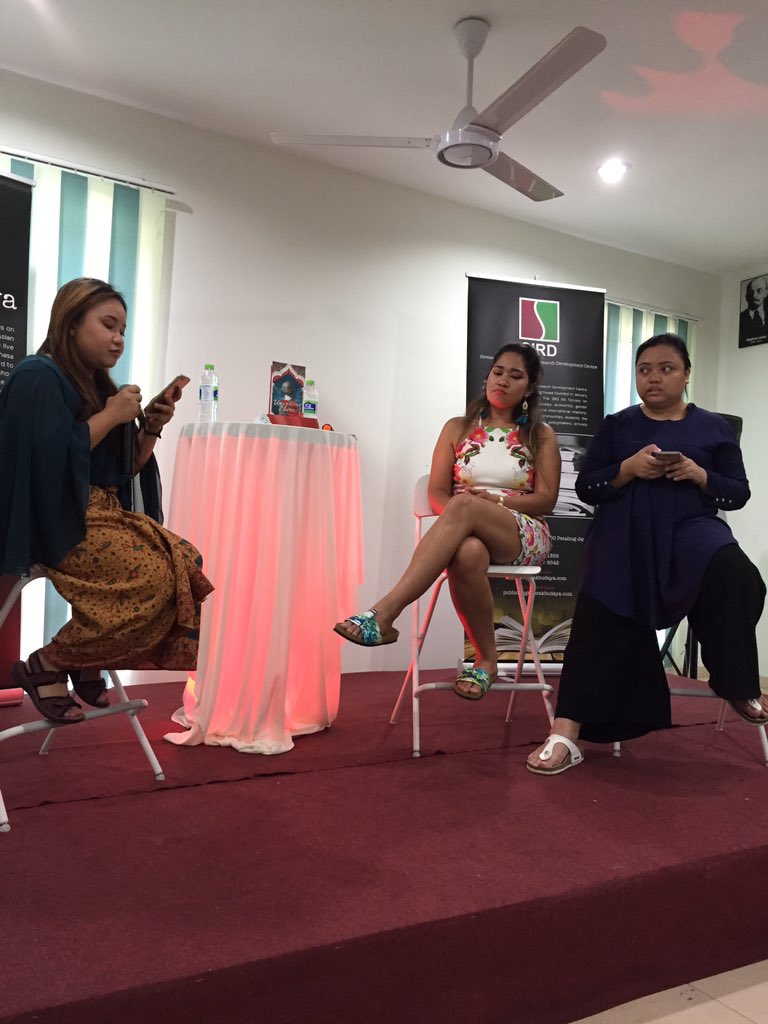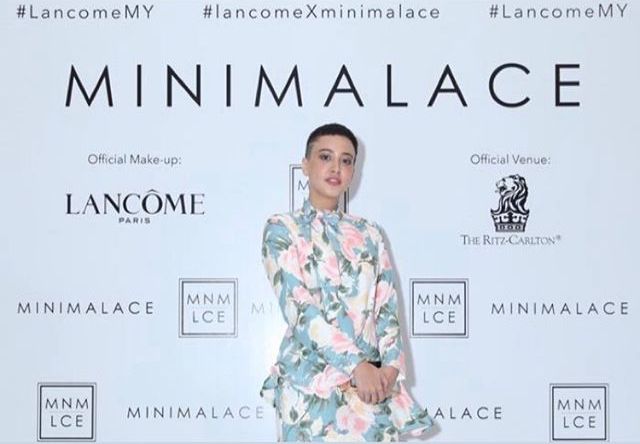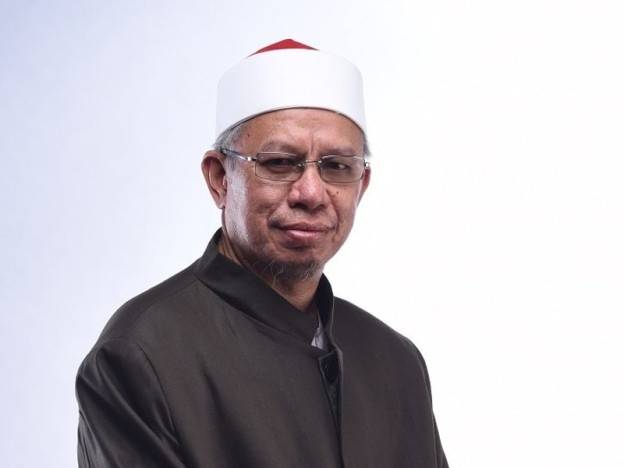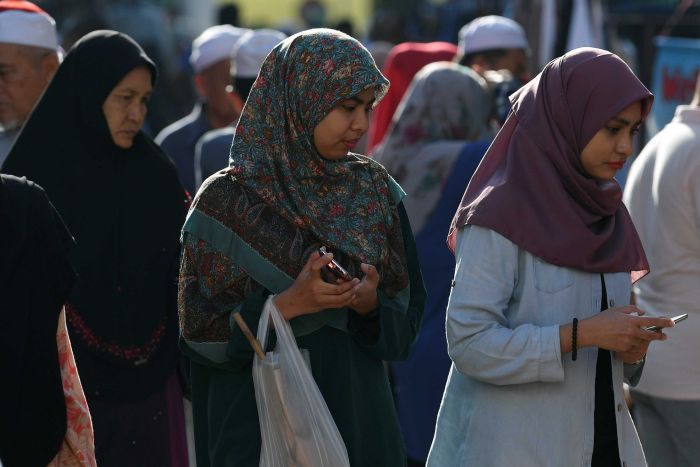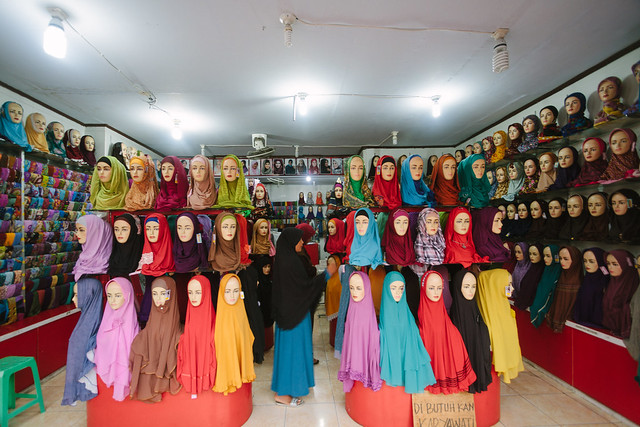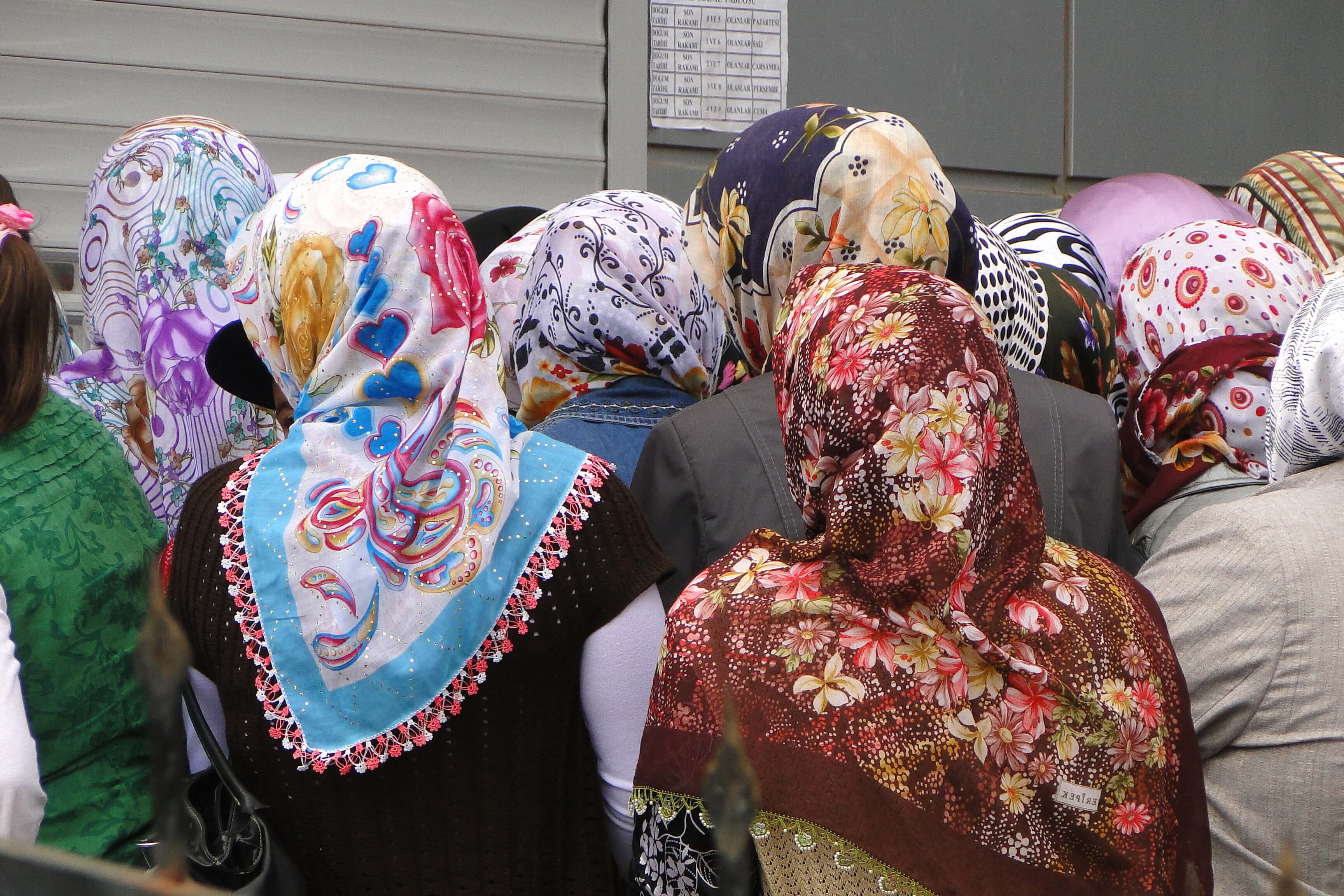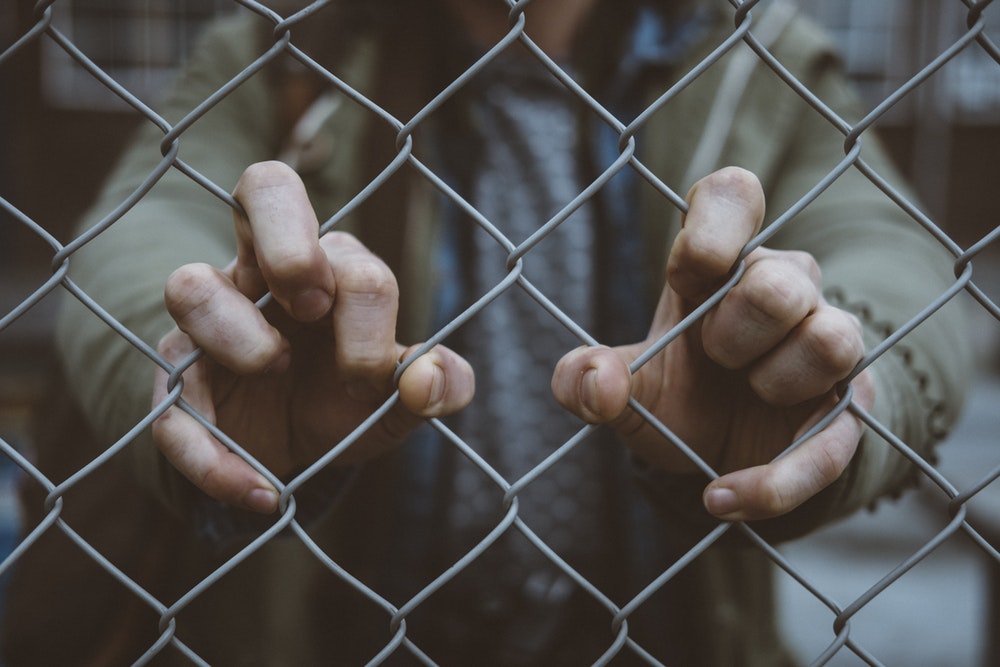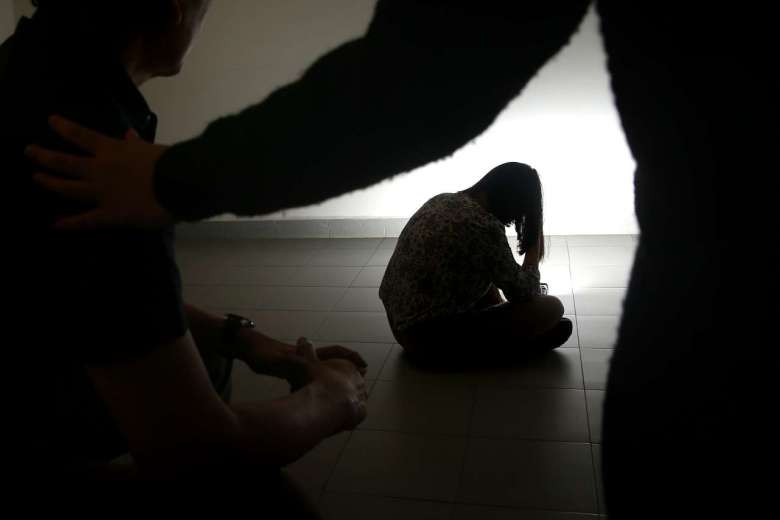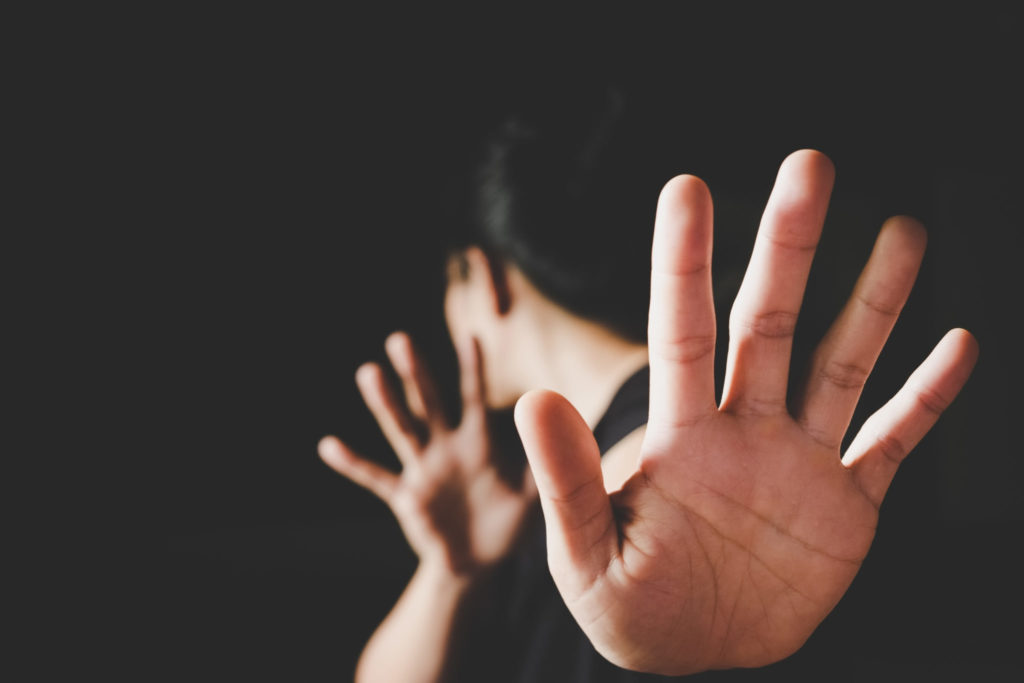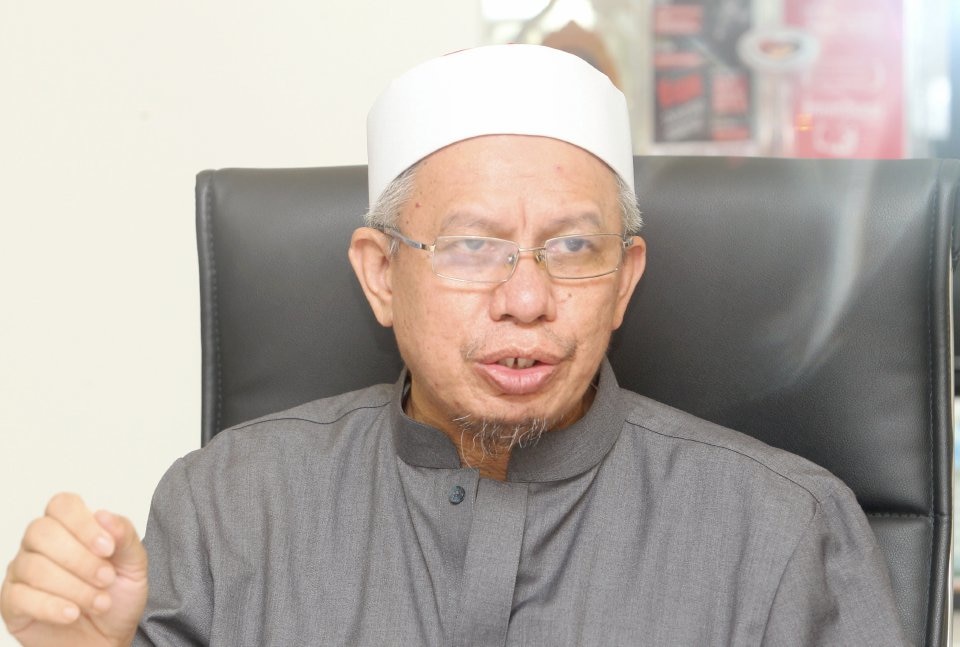3 Malaysian Women Reveal What It's Like To Remove The Hijab
"The hijab is a choice, but it is a choice that comes with consequences."
Controversial actor Datuk Aliff Syukri recently came under fire after beating his 9-year-old daughter for taking off her hijab
In an Instagram post, Aliff wrote that his daughter had taken off her hijab in front of a man she did not know.
He had hit her because he wanted her to "understand the meaning of a girl's dignity".
After claiming that it is his responsibility to protect her 'aurat', Aliff has been slammed for abusing and shaming his daughter on social media.
While Aliff's actions have since been reported to the police, the stigma around Malaysian women who choose to remove the hijab remains prominent
Former hijabis in Malaysia have been facing intense scrutiny for voicing out on their experience of unveiling.
Last month, the Selangor Islamic Religious Department (JAIS) announced that it was investigating three activists who spoke at a forum entitled 'Malay Women and De-hijabbing'.
Moreover, two actresses – Emma Maembong and Fathia Latiff – have received heavy criticism online for choosing to take off the hijab in the past few months.
In response to the flak, however, Fathia remained unfazed and stressed that it was her personal choice.
"Why should other people become too concerned with what I do with my life? I don't care if people out there start calling me mentally unstable," the actress said on 25 April, according to New Straits Times.
Amidst news of physical punishment and online flak on girls and women who have removed the hijab, Federal Territories mufti Datuk Seri Dr. Zulkifli Mohamad al-Bakri stressed that the act is a personal choice
In a statement dated 23 April, the mufti said taking the hijab off is indeed a woman's choice.
"'Dehijabbing' is a personal choice, but promoting it in the form of a forum or others is against Islamic culture... Discussing a religious issue without credentials is an offence under the Syariah Criminal Offences (Federal Territories Act)," he said.
However, despite the mufti's statement, how did taking off the veil affect the lives of former hijabis? SAYS recently spoke to three women about their experiences, and here's what they have to say:
The names below have been changed to protect the women's identities.
1. The reason behind wearing a hijab
"I grew up in a very strict and religious household so it was something that was expected of me when I hit puberty... I wore it because I feared that my parents would scream and hit me," 24-year-old Farah told SAYS.
"I genuinely disliked every moment of it. It didn't help that my mother would force me to cover everything – the swell of your bosom, your buttocks, and your ankles," she added.
Meanwhile, two other women, 23-year-old Faezah and 24-year-old Fatma started wearing the hijab because of other reasons.
"I watched the movie 'Maut' and there was a very graphic scene of hell and women being hung by their hair. It scared me a lot and I immediately wore (the hijab) the next day... I was 12 years old," Faezah told SAYS.
For Fatma, she began wearing it in school after getting a bad haircut when she was eight years old. She went on to wear it in public at 13 years old after her parents told her it was "the right thing to do in Islam".
2. The life of being a hijabi
Farah told SAYS that for the time she wore the hijab, it was "suffocating".
"(My mother) would throw some old-fashioned, aunty clothes on me and my sisters... Being forced to do something that you don't want will only make you hate it more," she said.
"It is absolutely normal to want to look beautiful... When you try so hard to hide the beauty of young women, it really affects their self-esteem," the 24-year-old added.
For Faezah, it was the norm to wear the hijab as she went to a conservative boarding high school.
"You stuck out like a sore thumb if you didn't (wear it)... I don't think wearing it made any significant difference to my life," she told SAYS.
The only issue Fatma faced while wearing the hijab was getting weird looks from strangers in foreign countries.
"When I travelled to Europe for the first time at 16 years old, people gave me weird looks but I mostly ignored it," she said.
"Back then, Islamophobia wasn't as bad as it is now," Fatma added.
3. The moment a decision to remove the hijab is made
"I confronted my parents... Now that I'm older, I'm more able to voice out my opinions," Farah told SAYS.
"Why am I wearing a piece of cloth to please my parents, who are actually trying to please their friends? God is not involved here... My parents are too paranoid of what their peers would say," the 24-year-old added.
"You know the way they've enforced their beliefs on you is wrong. You're an adult now and even if it's difficult, stand up for yourself," Farah advised.
Meanwhile, Faezah revealed that she wanted to explore herself as she grew older.
"I realised there were parts of me I wanted to explore, which made me feel like a hypocrite if I did that with the hijab on," the 23-year-old told SAYS.
She added that the hijab started to feel like a part of an ex-boyfriend's control over her.
"He was very religious, possessive, wanting to get physically intimate with me, then cheated on me... It started to feel like the hijab was part of his control," Faezah said.
For Fatma, she stopped wearing the hijab because she felt like it.
"Nobody convinced me to do it... I did what I wanted to do," the 24-year-old said.
"I wanted to see what the other side felt like, and I liked how it felt... I started not wearing it outside of family gatherings, and took it off completely when I did my exchange program in Europe," she added.
4. Backlash after removing the hijab
Farah revealed that she is still on bad terms with her family following her decision.
"I am happier but things are not great back home... Parents, your children are not out there trying to shame the family name," she told SAYS.
"I hate to see the sadness in my parents but I have never been selfish in my life, this is the one thing that I insisted on," Farah said.
Faezah received anonymous messages after deciding to remove the hijab.
"The worst thing that has been said to me was messages telling me that my parents are going to hell for not forcing me to keep it on," she revealed.
Meanwhile, Fatma barely faced criticism for taking the hijab off.
"My family, despite not agreeing with it, didn't really stop me from doing it. They trusted that I was old enough to make my own decisions," Fatma said.
5. Thoughts on what the hijab symbolises
"When you've made it into a taboo and hide the body of a normal woman, I personally feel that men get overpowered by desire when they see the curves of a woman," Farah said about the hijab and sexual harassment.
"If someone says men have sexual desires, it's like saying women have none. We do, and get this, we don't pounce on men and harass them because of something called self-control," she added.
Meanwhile, Faezah felt removing the hijab has helped her regain control of her life.
"I feel more confident, more in touch with myself and more spiritual. I'm the happiest I've ever been," she said.
For Fatma, the hijab is a choice that comes with consequences.
"People constantly forget what hijab is... Hijab isn't a scarf, it is the act of covering yourself as a way of protecting your modesty. Islam believes that both men and women are obligated to act on their hijab, but society often put the pressure mostly on women, if not all," she said.
"I will not pretend that it is the right thing to do... You can't twist the Quran's words and say it's okay because it's not, but it's understandable to want to do it. It's a choice between doing the right thing for God or the right thing for yourself for your current happiness," Fatma added.
According to the Federal Territories mufti, while it is against Islamic teachings, removing the veil is a woman's choice regardless of the society's reaction against it
Perhaps this quote from Zulkifli himself will highlight a Muslim woman's freedom of choice:
"No religious authorities have claimed that Muslim women who choose not to wear the hijab are either apostates, prostitutes, or going to hell."
